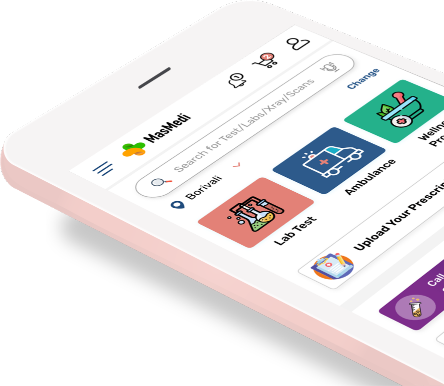Sample Type
Gender
Age Group
Blood
Male/Female
All Age Group
Numerous other names, including Functional Antithrombin III Test and AT III Test, are also used to refer to the Antithrombin III blood test. Our bodies automatically build a defence mechanism to stop excessive blood loss when we bleed. The action is referred to as clotting. Our blood arteries ability to maintain blood flow is maintained by clotting factors or proteins. Due to the obstruction of blood flow to the essential organs, abnormally high blood clotting, also known as thrombosis, can occasionally prove fatal. Antithrombin, a naturally occurring anticoagulant made by the body, prevents this. Antithrombin controls blood clotting and works as a blood thinner. Antithrombin III testing is mandated in cases of deep vein thrombosis or irregular blood clotting to determine the level of the protein
best labs
Option Near Youlab comparison
As per your budgetAffordable
Price GuaranteedUNBIASED ADVICE
On LabsSUNDAY LAB
Labs available on SundaysTracking health status made easy with the app. Now available on both Google Play Store and App Store. Book health tests and access your smart reports and health trackers anytime anywhere.
